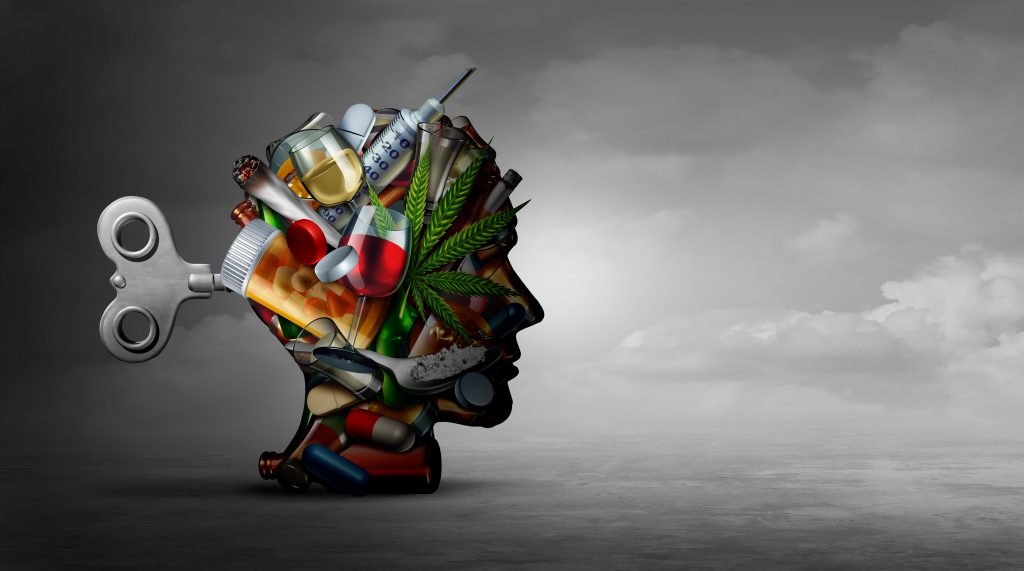– Johann Hari
Substance use refers to consuming substances like alcohol or drugs. Substance abuse is when this use becomes excessive or harmful, causing negative impacts on health, relationships, or daily life. Understanding substance abuse as a complex and multifaceted health issue is crucial for developing effective prevention and intervention and can lead to drug reform. Drug reform refers to the reassessment and modification of existing policies and laws related to the use, possession, and distribution of drugs. The goals of drug reform can vary, but common objectives include reducing the harms associated with drug use, addressing issues of addiction and substance abuse, and promoting public health and safety. Decriminalization is a key aspect of drug reform that involves reducing or eliminating criminal penalties for the possession of small amounts of drugs for personal use. Instead of facing criminal charges, individuals caught with small quantities of drugs may be subject to civil penalties, such as fines, or mandated to attend drug education or treatment programs. The primary goal of decriminalization is to shift the focus from punitive measures towards a more public health-oriented approach.

Substance use refers to consuming substances like alcohol or drugs. Substance abuse is when this use becomes excessive or harmful, causing negative impacts on health, relationships, or daily life. Understanding substance abuse as a complex and multifaceted health issue is crucial for developing effective prevention and intervention and can lead to drug reform. Drug reform refers to the reassessment and modification of existing policies and laws related to the use, possession, and distribution of drugs. The goals of drug reform can vary, but common objectives include reducing the harms associated with drug use, addressing issues of addiction and substance abuse, and promoting public health and safety. Decriminalization is a key aspect of drug reform that involves reducing or eliminating criminal penalties for the possession of small amounts of drugs for personal use. Instead of facing criminal charges, individuals caught with small quantities of drugs may be subject to civil penalties, such as fines, or mandated to attend drug education or treatment programs. The primary goal of decriminalization is to shift the focus from punitive measures towards a more public health-oriented approach.
Human dignity and Identity
Health and well-being
The European Rules on Detention Houses (ERDH) is a milestone document for the criminal justice system and reflects the larger impact of this system on society. Drafted by representatives with different legal and cultural backgrounds from all regions of Europe, the ERDH were launched on October 31st as common standards to implement small-scale, differentiated and community-integrated detention houses in the European Union, as part of a pivotal change already happening in criminal justice systems across Europe. The ERDH set out the ecosystem of a detention house on its own and as part of, and within a community and society, emphasizing sustainability. As the European Prison Rules have been common standards for large-scale prison institutions, the European Rules on Detention Houses shall form essential standards for detention houses, in order to guarantee a way of liberty deprivation that is humane and more fit for the 21stcentury.
The European Rules on Detention Houses (ERDH) is a milestone document for the criminal justice system and reflects the larger impact of this system on society. Drafted by representatives with different legal and cultural backgrounds from all regions of Europe, the ERDH were launched on October 31st as common standards to implement small-scale, differentiated and community-integrated detention houses in the European Union, as part of a pivotal change already happening in criminal justice systems across Europe. The ERDH set out the ecosystem of a detention house on its own and as part of, and within a community and society, emphasizing sustainability. As the European Prison Rules have been common standards for large-scale prison institutions, the European Rules on Detention Houses shall form essential standards for detention houses, in order to guarantee a way of liberty deprivation that is humane and more fit for the 21stcentury.
Human dignity and Identity
Health and well-being
Sober since 2013, Ed Latimore tells the story of his painful battle with his addiction to alcohol. After having lost his shot as an Olympic boxer, he came to understand that his battle was just as much with identity as it was with the dopamine reward system. Ed shares that attempts and relapses to overcome an addiction are a normal part of recovery, and he encourages all to pursue activities and relationships which do not tolerate addictive behavior, thus creating a new identity.
IDENTITY
IDENTITY
Together, we want to create a space where everyone can feel accepted and respected – regardless of gender identity, skin colour, religion, ethnicity or ability. We assume that all participants come to our events with the best intentions and treat each other with respect.